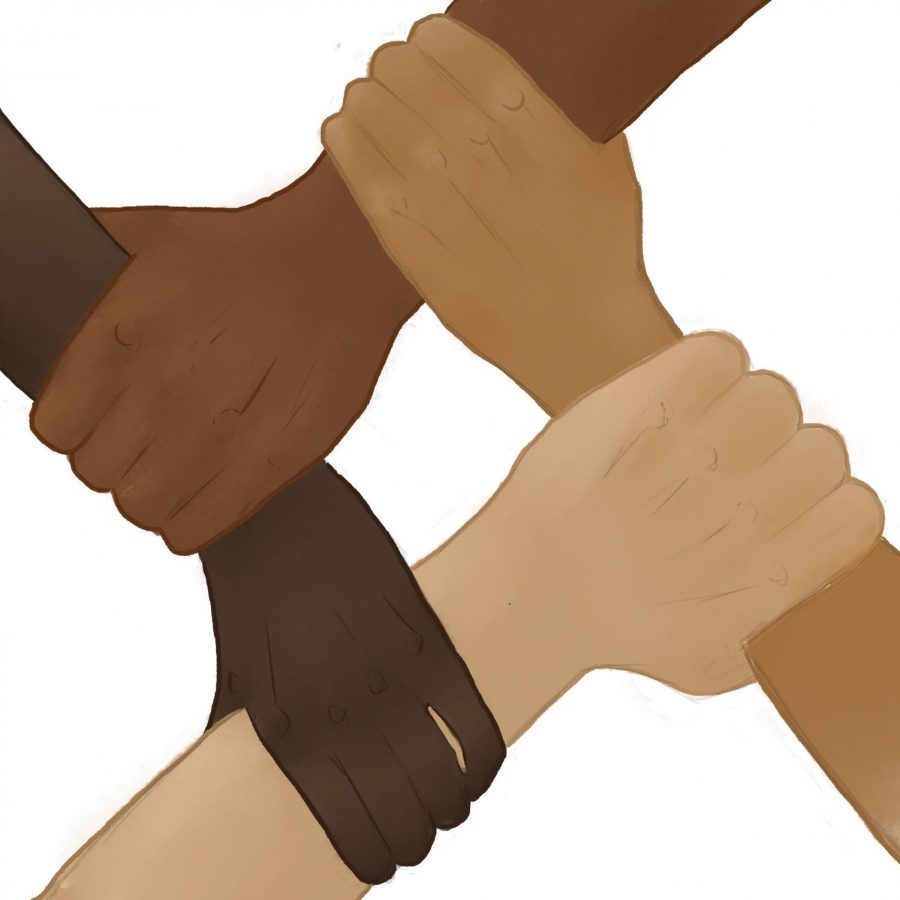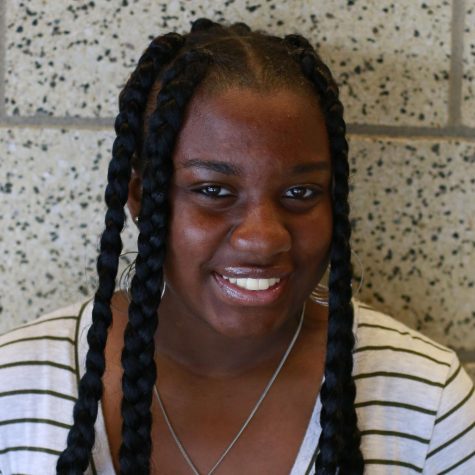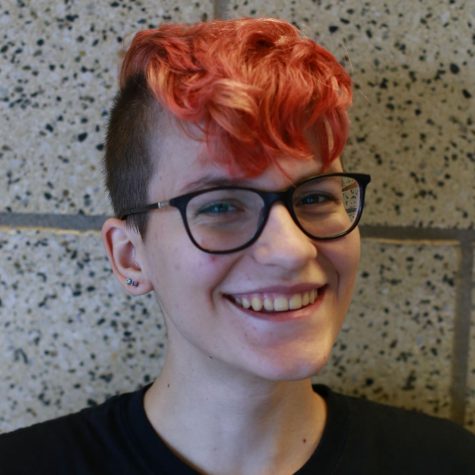#BWB – Corey Lewis Case
November 9, 2018
Corey Lewis is an African American male from Atlanta Georgia that was babysitting two white children. He owns a youth mentoring program, “Inspired By Lewis,” which he started three years ago. As part of the program his duty is to take care of children five days a week. One of the children is a participant of the program and he has been a babysitter for the children for two years. The situation starts when a woman tries to check on the kids to see if they were in danger, seeing Lewis taking them out. It progresses as the lady harasses, follows, and calls the police on him.
When the police arrive, they ask to speak to the children for confirmation on knowing Lewis. Then, they contact the parents for confirmation as well. Lewis had documented everything as he went live on Facebook. In his video, Lewis says, “All because I got two kids in the backseat that do not look like me, this lady considered upon herself to say that she gonna take my plate down and call the police.” The video reveals him in his car with the children in the back at the gas station. There is a good distance between him and the lady’s vehicle so he could film without revealing the woman’s identity. He also made an appearance on news channels, as did the parents and the children.
The children claimed to be terrified as they were worried they would say the wrong thing and he would be arrested for nothing. In the NY Times the father claims how proud he is of his daughter as, Addison Parker said to a reporter, “I would just ask her next time, try to see us as three people. Rather than three skin colors because we might’ve been Mr. Lewis’s adopted children,” in response to the news reporter’s question, what she would do if she was to meet the woman again. She also established her reaction to the scene as, “ frozen in fear like I had no idea what was happening.” The mother, Dana Mango, recalls the conversation she had with the officer over the phone to a reporter of CBS channel 46, and says, “Are you saying that because there’s an African American male driving my two white kids that he was stopped and pulled over and questioned?” and the officer said, “I’m sorry ma’am, that’s exactly what I’m saying.” There were instant negative reactions to the situation all over social media. People were outraged about how Lewis was treated and how the identity of the woman who started it all was not released.
Most people wonder why would she assume something was wrong in the first place. Some would defend her, claiming she was just looking out for her neighbors or maybe the area is not as diverse, so she was curious about his intentions. However this would be dodging the more obvious reason, that the person was an African American male. Most would agree if he was white, younger, or a female there would not have been any problem. Junior Marcus Bates says, “Probably not be a problem if he was white or young, she’d probably think they were siblings.” Therefore, she would trust him more if he was younger or lighter skin. Yes, she does have the right to ask questions, but he also has the right to deny answering and giving her information that should not be of her concern. Senior Joshua Bates says, “She’s wrong because it’s wrong to accuse anyone of anything without any background knowledge.” Lewis does not have any known bad history for his motives to be questioned. He was just doing a simple job, which turned to be a big deal. A trending hashtag for the situation is #BWB, aka #BabysittingWhileBlack. Reading this, people think it just means babysitting should not be a problem for anyone due to skin color. However it has a deeper meaning. It is to point out how bad the struggles are that we as an African American community have to go through every day even doing simple tasks such as babysitting.
We, African Americans, still have to face disadvantages that minimize their opportunities of being economically successful, especially males, specifically in the field of education. Racism is a big issue and a very uncomfortable topic. It is the prejudice, discrimination, or antagonism directed against someone of a different race based on the belief that one’s own race is superior. This still has an impact on us being capable of getting jobs. According to the Bureau of Labor Statistics, in April, the unemployment rate for African Americans fell to 6.6 percent, the lowest rate for the ethnicity since 1972. But it is still the highest out of any other race. Hispanics have a 4.8 percent, Whites a 3.6 percent, and Asian-Americans have the lowest of 2.7 percent. There is a difference from the rate and jobs African Americans had in the past and now. That is mainly due to us starting our own businesses.
Sophomore Ally Pimpelton, president of African-American Students for Awareness and Progress club says, “Yes, but! But there are still restrictions from us getting jobs, which is why we gotta create our own, and even though the restrictions were much worse. At least the racism wasn’t hidden as they try to do now.” Hidden racism is exactly what it sounds like, being racist but covering it up. An African American applying for a job and being more credible than his other opponent for the job and yet still being denied is a good example of that. Communities always come together to try to find solutions for problems like this with protests, programs, and petitions. No one really listens though. Freshman Charlotte Bagel says, “They can’t really change their skin color, but I think if they were white or not a minority, people would treat them better. Which is awful, but there’s nothing they can really do about the struggles, except to just keep living their life and proving that they’re equivalent and that they’re just as worthy as non-minorities.” The minority has grown restless of problems like this and not being heard. Corey Lewis is just one of the majority of people who go through situations like this. Without there being any confirmation of the woman being given a consequence, justice is considered unserved.




